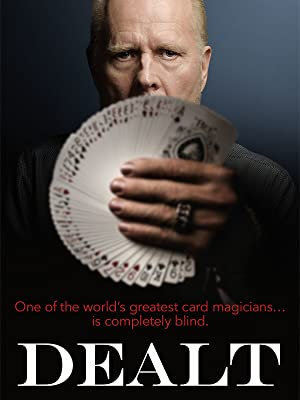
We are all Human. Why is there conflict?
Why is there division and conflict?
There is no division inside the human body; we are all the same.
We all have the same parts and essential functions: heart, veins, arms, legs, and head; we all eat and drink to survive. Why does a person's skin colour have to make such a difference?
There are difficulties within every type of human community, that is, life.
However, discriminating because people have different skin colours, health problems, sizes, and demographics is unrealistic. Our world is diverse and extremely interesting, and that is exactly what makes it interesting; difference exists not only in human life but also throughout the planet, the animal world, and the plant world.
So why is colour or appearance such an issue?
If we somehow were injured and required, for example, a transfusion, skin colour wouldn't make any difference; it would still work inside your body, so why doesn't it work on the outside?
I grew up in an era when children were subject to bigotry; we learned this from our elders and peers. It was tough, and we did discriminate against people who appeared different.
We had names for all ethnic types that came into our lives, and we did not see any harm in what was said; however, as I grew, I felt uncomfortable. I realized that what I had said was wrong, and I had to make a change.
As I grew, I realized this was wrong and needed to change.
There have been changes; I no longer look at a person through the eyes of a person making a judgment on others, and I now live by the philosophy of doing to others as you would like them to do to you.
We do not get to choose our colour; I AM WHITE; I did not choose this. It just happens to be that my parents were white, and that's the way it is.
I do not have any more rights than any other person on this planet because I am white, and neither does anyone because of their colour or background.
Our Problems
There are problems within all human communities; this appears to be the human way.
The difference between human beings and what sets us apart is our demographic, religion, upbringing, training, knowledge, built-in files, and information systems. All of these things influence our Brain and become our knowledge base to determine our actions.
Our Brain directs us to make decisions that affect our beliefs, reasoning, vision, ability, understanding, feelings, logic, and personality.
Because of these things, we differentiate between people, our perception of where we want to hang out, and who we want to mix with.
So, guess what? It doesn't matter who you are or what colour your skin is; we all have the same tools to work with and have similar feelings of caring for our families, friends, work, hobbies, sports, etc.
There are people we get along well with and others we don't for whatever reason. Because we do not gell with somebody, it should not be assumed to be race or colour-related.
There will always be a difference in our social standing within our various communities, work, and activities; there is always a hierarchical system within human society, no matter what colour, religion, or political system we find ourselves in.
That's the way it is, and it will never change.
We should not take it out of context as racism; some blacks dislike blacks, some whites dislike whites, and so on; how we blend in and treat one another is essential.
Even if you do not like somebody personally, you can still show respect and not show aggression, be divisive, or cause conflict and hate.
Reason
What is the answer? There isn't a clear one.
What specific actions can individuals take to promote reason and tolerance? How can we ensure that children are taught these values? How can we address systemic inequalities and discrimination that exist in society?
Well, there is something that could make a difference, and it's simply: REASON - What is "reason"?
What is the meaning of reason? It is the capacity to consciously make sense of things, apply logic, and adapt or justify practices, institutions, and beliefs based on new or existing information—Reason—Tibetan Buddhist Encyclopedia.
What is the meaning of tolerance? Britannica Dictionary definition of TOLERANCE: willingness to accept feelings, habits, or beliefs that are different from your own
Using reason means taking responsibility and applying tolerance, logic, awareness, understanding, and communication.
All or any of these words, if applied to any situation, should allow us to overcome the many perceived and complex issues that continually arise in the form of racism and conflict.
It sounds too simple, but the answer to many complex issues can often stare us in the face.
Sometimes, we need help seeing through the mountain of information and misinformation that generally unfolds through poor communication.
We also often live too much in the past; we cannot change the past, but we can change the future.
The past has taught us what went wrong, allowing us to repair any wrongs and build a better future, but it needs people to work together.
Our children are the future; how will they be able to change things unless we adults change first?
Children learn everything from their parents, siblings, family, and others they come in contact with.
They are not born with problems; they learn them; it gets built into them in their early childhood days and enforced as they grow!
If we teach reason to our children and guide them toward change, learning from the past rather than following the past, it could improve the future for everybody.
IS IT POSSIBLE????
JRay







